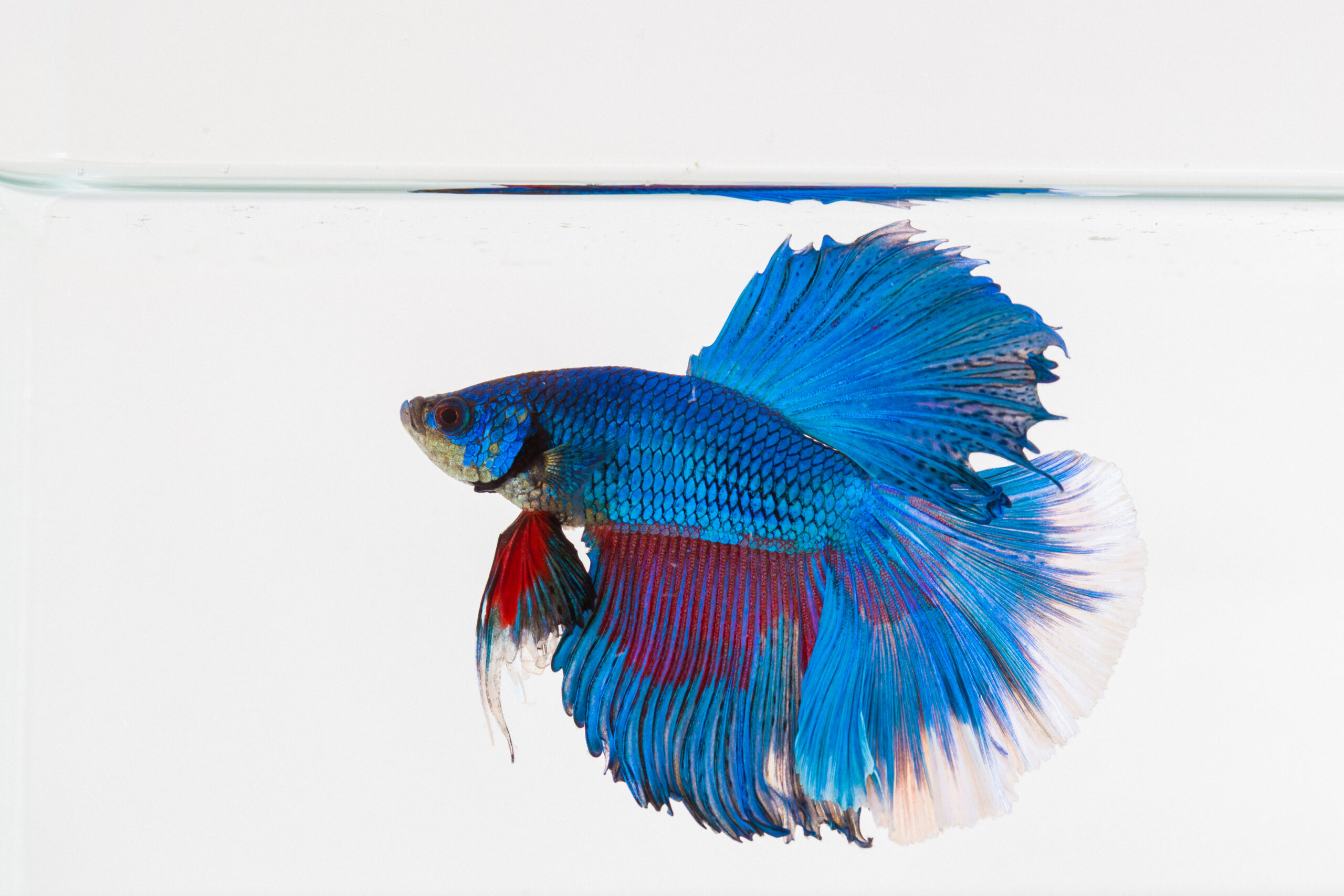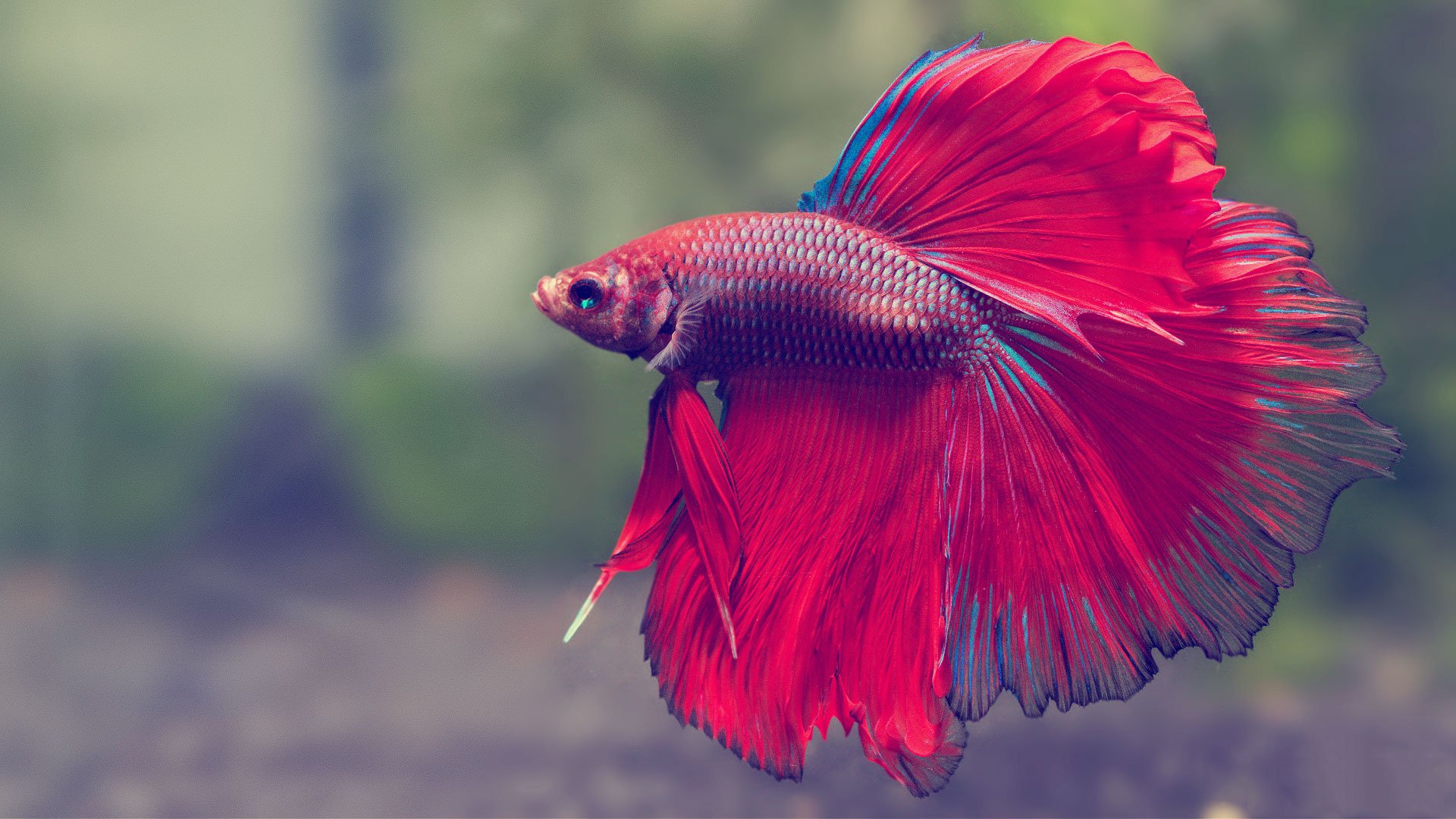Usual Betta Fish Diseases and How to avoid Them
Wiki Article
Everything About Betta Fish: Understanding Their Special Requirements, Habits, and the very best Practices for Optimal Treatment
Understanding the distinct requirements and habits of Betta fish is crucial for any aquarist looking to offer ideal care. betta fish. As we check out these aspects additionally, the ramifications for both newbie and seasoned fish caretakers end up being significantly noticeable, elevating inquiries concerning just how ideal to suit these exceptional fish in our homes.Betta Fish Review
Although usually appreciated for their vibrant shades and moving fins, Betta fish, clinically called Betta splendens, are intricate animals that need particular like prosper. Stemming from Southeast Asia, these freshwater fish are known for their territorial nature and one-of-a-kind actions. Betta fish display sexual dimorphism, with men displaying a lot more vivid colors and longer fins than females.Their aggressive tendencies, specifically amongst men, demand cautious consideration when housing them. Bettas are frequently maintained in single-specimen storage tanks to stop territorial conflicts. Nevertheless, they can coexist in harmony with specific compatible varieties in larger community storage tanks, offered the environment satisfies their needs.

To make certain optimal care, aquarists should understand their special behavior characteristics, dietary demands, and environment needs. betta fish. With proper attention, Betta fish can display their lively individualities and prosper in a well-kept fish tank setup
All-natural Habitat and Atmosphere
Betta fish thrive in a varied array of all-natural habitats, mainly found in the shallow waters of Southeast Asia, consisting of rice paddies, swamps, and slow-moving streams. These atmospheres are defined by warm temperature levels, commonly in between 75 ° F and 82 ° F(24 ° C and 28 ° C ), and a pH level varying from 6.5 to 7.5, which is excellent for their wellness and wellness.
In their natural environments, Betta fish are accustomed to dense greenery, providing both sanctuary and breeding premises. The existence of plants such as drifting water lilies and thick yards not only offers defense from predators but likewise adds to the oxygenation of the water, which is essential for their respiratory system demands. In addition, these settings typically have areas of still water, enabling Betta fish to display their natural habits such as bubble nesting.
Understanding the all-natural environment of Betta fish is crucial for aquarium enthusiasts. Replicating these conditions-- with water temperature, pH balance, and the addition of online plants-- can significantly boost the general wellness and durability of these captivating fish, guaranteeing they grow in a home aquarium setup.
Social Behavior and Interactions
Understanding the social actions and communications of Betta fish is important for effective fish tank monitoring. Betta fish, or Siamese fighting fish, are recognized for their distinct behavioral qualities, defined primarily by territoriality and aggressiveness. Men, in specific, present very hostile habits in the direction of each other, causing the notorious track record of Betta fish as competitors. In a restricted space, 2 men can take part in terrible fights, frequently resulting in injury or death.On the other hand, women Bettas exhibit less hostile habits and can exist side-by-side in teams, known as sororities, if presented properly. Nonetheless, it is vital to monitor their interactions very closely, as hierarchy and supremacy can result in conflicts. Recognizing the characteristics within a Betta neighborhood is vital; establishing hiding areas and guaranteeing adequate room can alleviate hostility.
Furthermore, Betta fish may additionally display inquisitiveness and social behaviors in the direction of various other varieties. While they can coexist with particular non-aggressive storage tank companions, it is important to pick compatible species have a peek here to prevent anxiety and aggression. Generally, acknowledging these social communications is essential to cultivating an unified aquarium environment for Betta fish.
Necessary Treatment Standards
Providing proper look after Betta fish is important to their wellness and wellness. To guarantee a flourishing atmosphere, it is crucial to maintain ideal water problems. The water temperature level should be kept in between 76 ° F and 82 ° F(24 ° C to 28 ° C), while pH degrees should range from 6.5 to 7.5. Regular water modifications-- approximately 25% once a week-- assistance preserve water top quality.Betta fish call for an appropriate storage tank dimension; a minimum of 5 gallons is recommended to offer ample space for swimming and hiding. Include decors and plants to develop a revitalizing atmosphere, however stay clear of sharp things that might damage their fragile fins.

Finally, make sure the tank is outfitted with a filter to keep the water clean, yet utilize a gentle filter to prevent solid currents that can emphasize the fish. By following these necessary treatment guidelines, owners can promote a healthy and lively Betta fish.
Common Wellness Issues and Solutions
In the care of Betta fish, recognition of usual health and helpful hints wellness problems is essential for preserving their well-being. One widespread concern is fin rot, frequently triggered by inadequate water high quality or microbial infection. Symptoms consist of frayed or discolored fins. To deal with fin rot, improve water problems and take into consideration utilizing a broad-spectrum antibiotic.Another common ailment is ich, a parasitical infection identified by white places on the fish's body (betta fish). Therapy includes boosting water temperature and adding fish tank salt to the container, as this can aid remove the parasite
Swim bladder disorder is likewise often observed, causing buoyancy troubles. This condition may emerge from overfeeding or constipation. A fasting duration of 24-48 hours, adhered to by a diet regimen of blanched peas, can give alleviation.
Last but not least, bettas may endure from velvet illness, indicated by a gold dust-like appearance on their skin. Treatment usually needs drug especially developed for external bloodsuckers, together with enhanced tank health.
Regular tracking of water criteria, preserving a clean environment, and offering a well balanced diet are important preventive actions. By attending to these health and wellness problems quickly, Betta fish can lead much healthier, more dynamic lives.
Conclusion
In recap, effective betta fish care calls for an understanding of find their special demands and habits. Normal monitoring of health and water high quality, along with a balanced diet, adds to the durability and vibrancy of betta fish.Report this wiki page